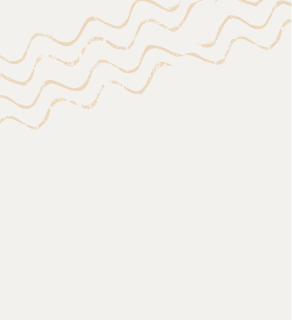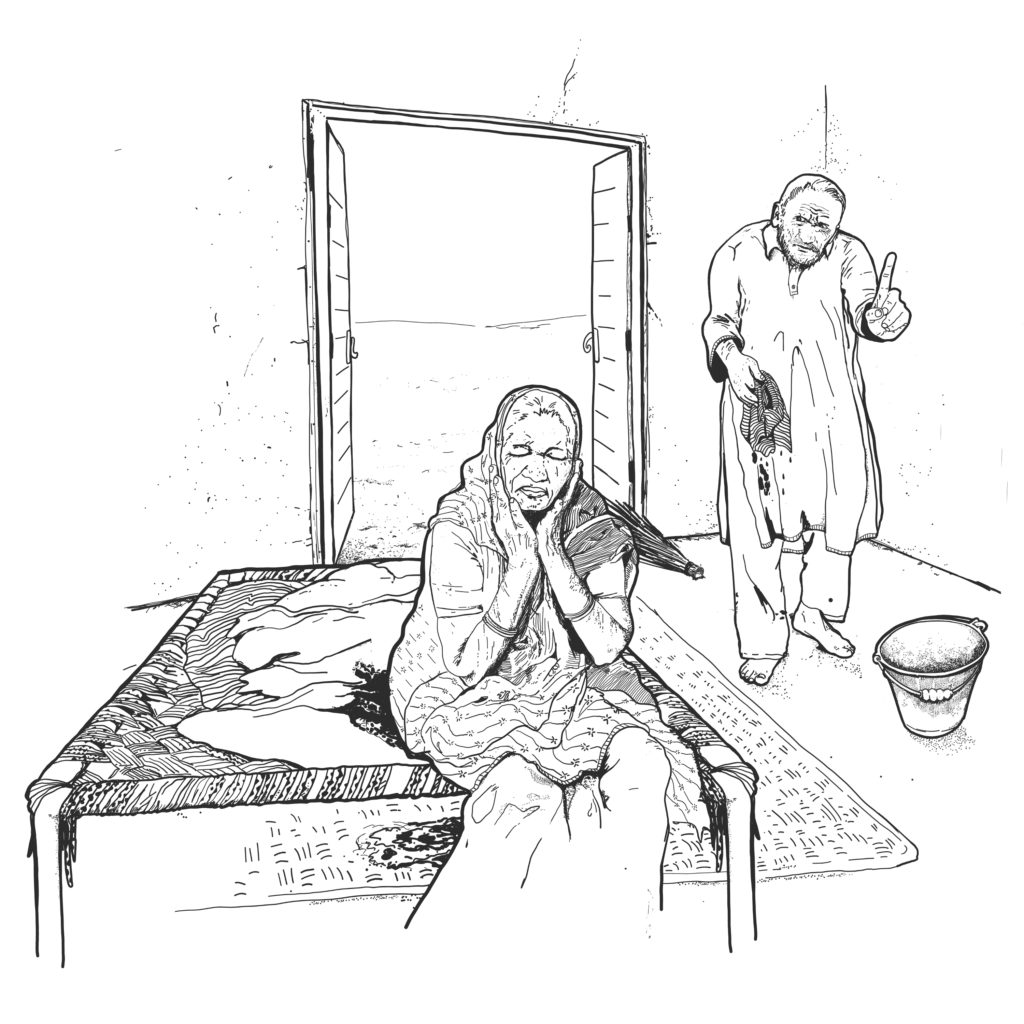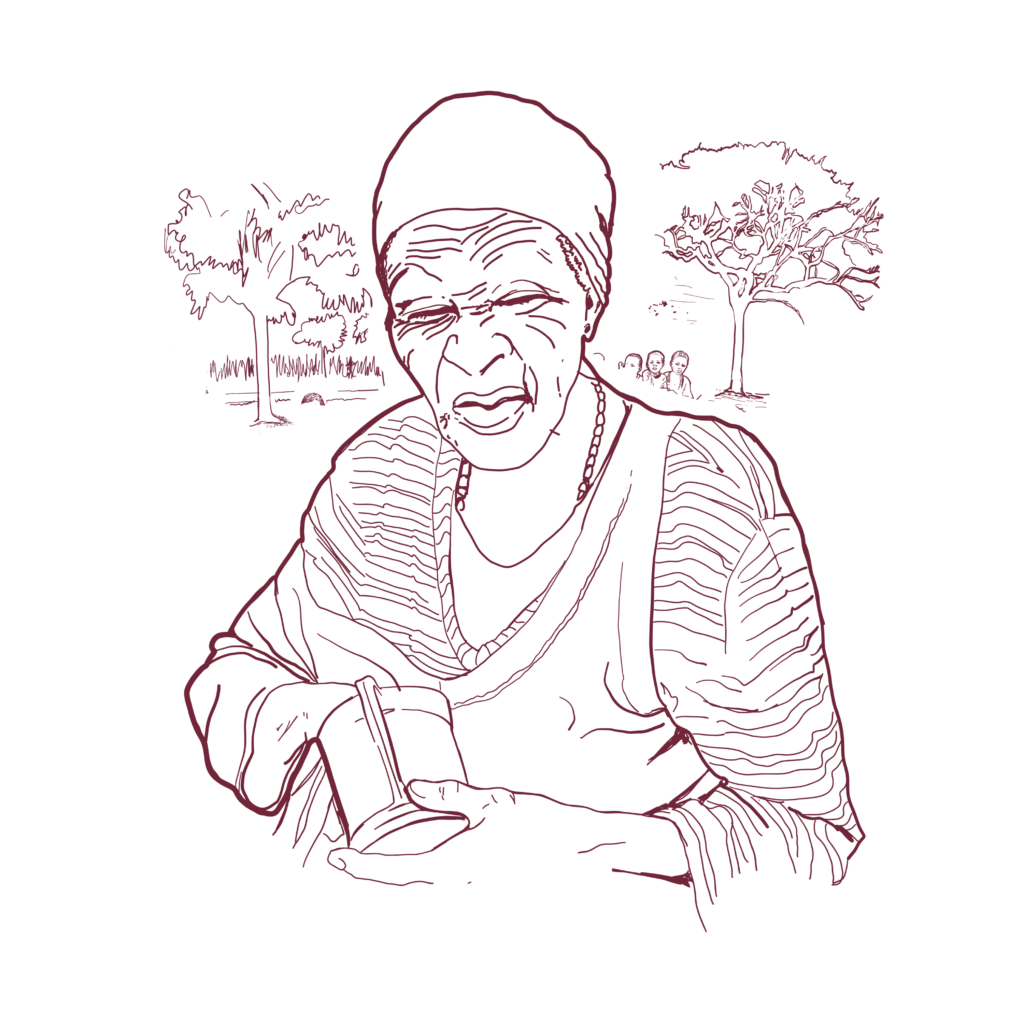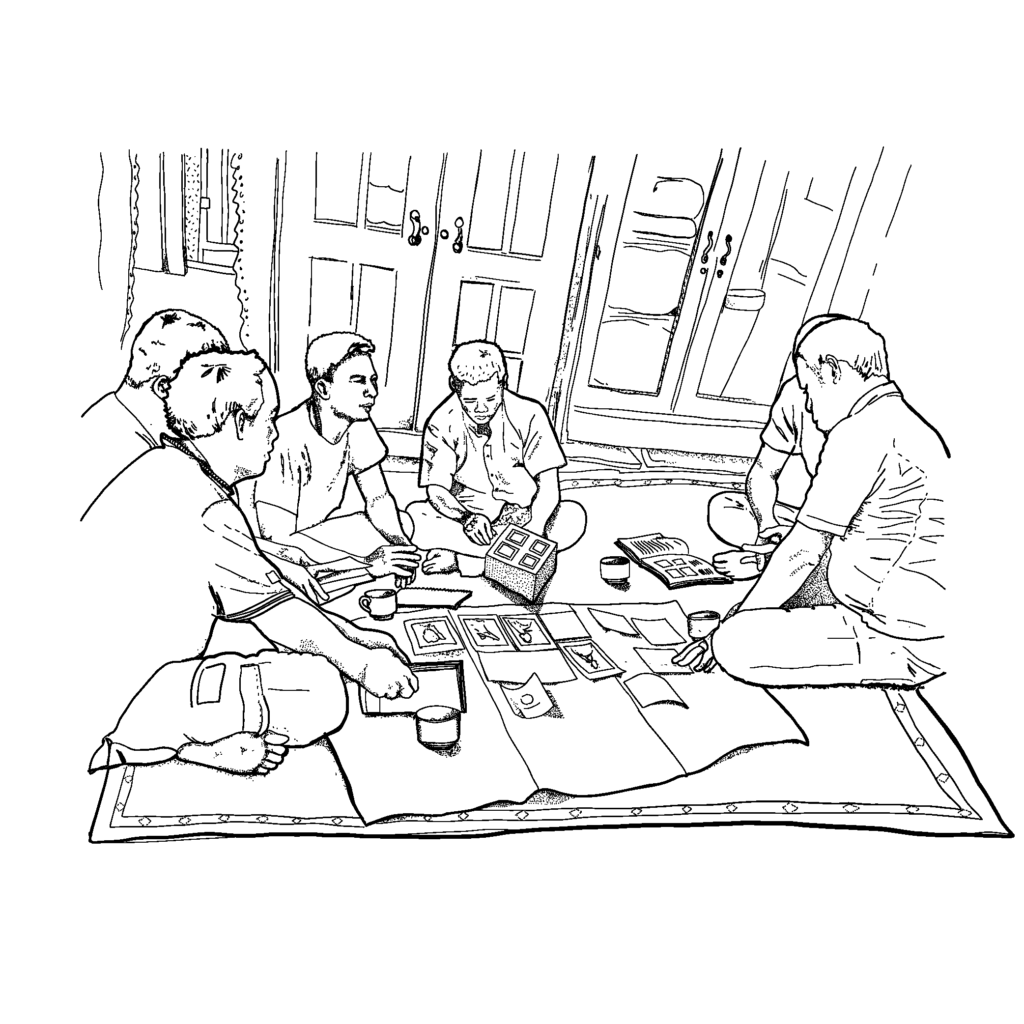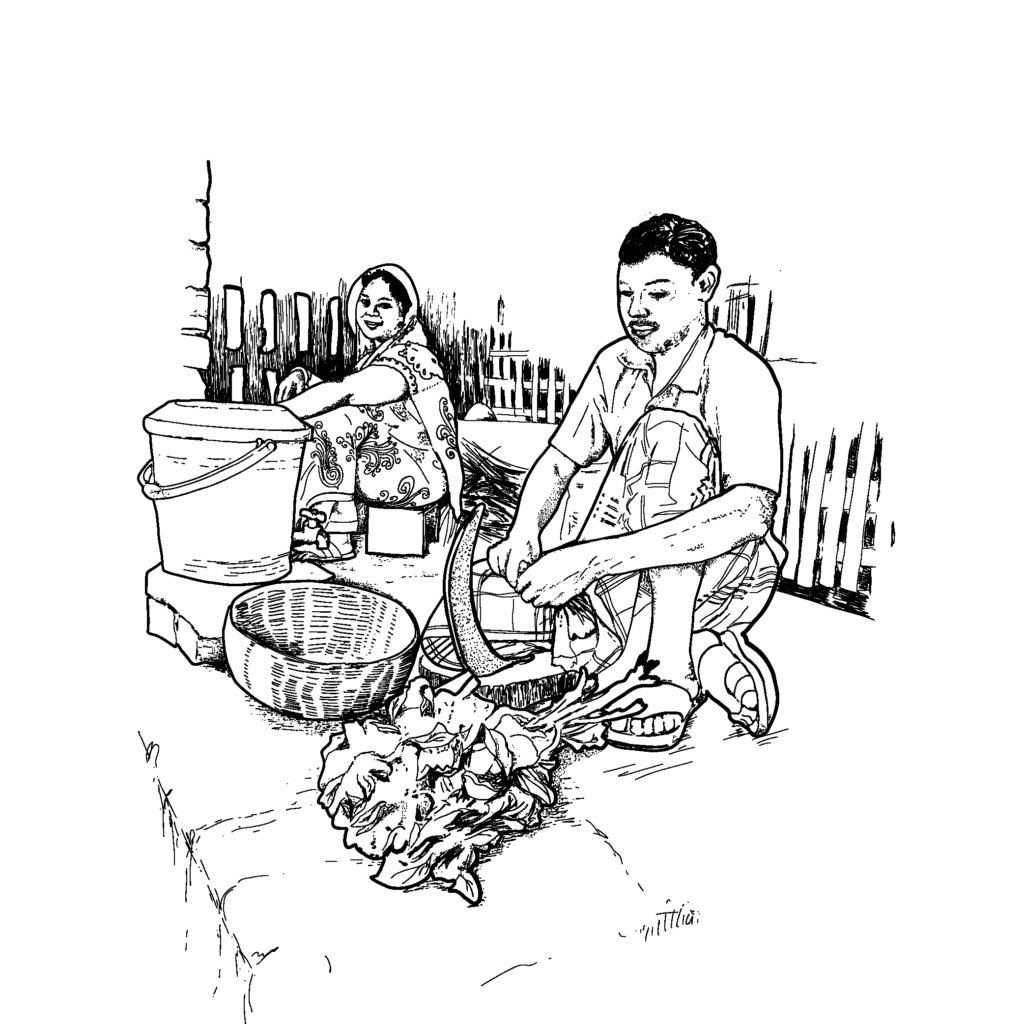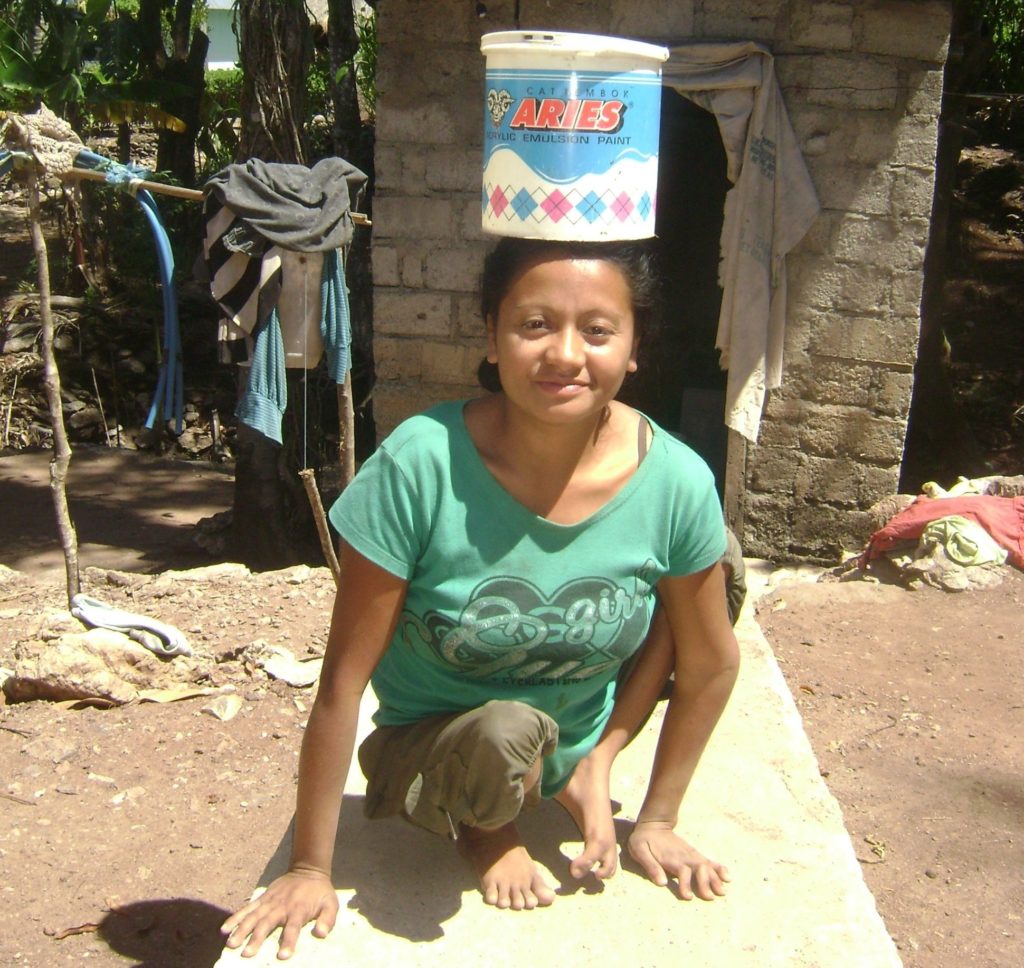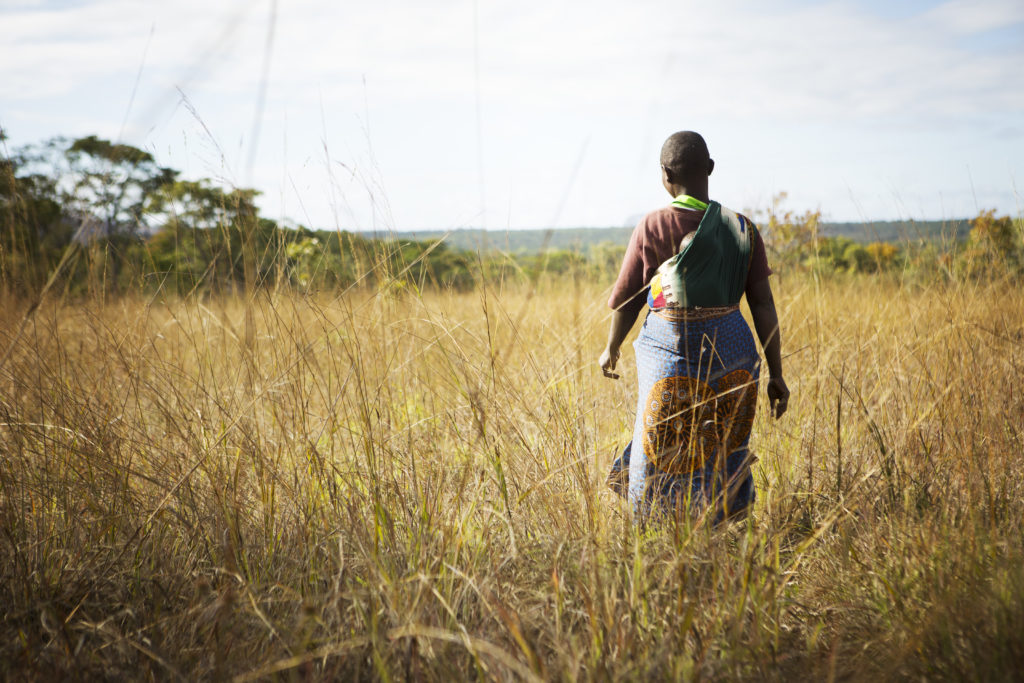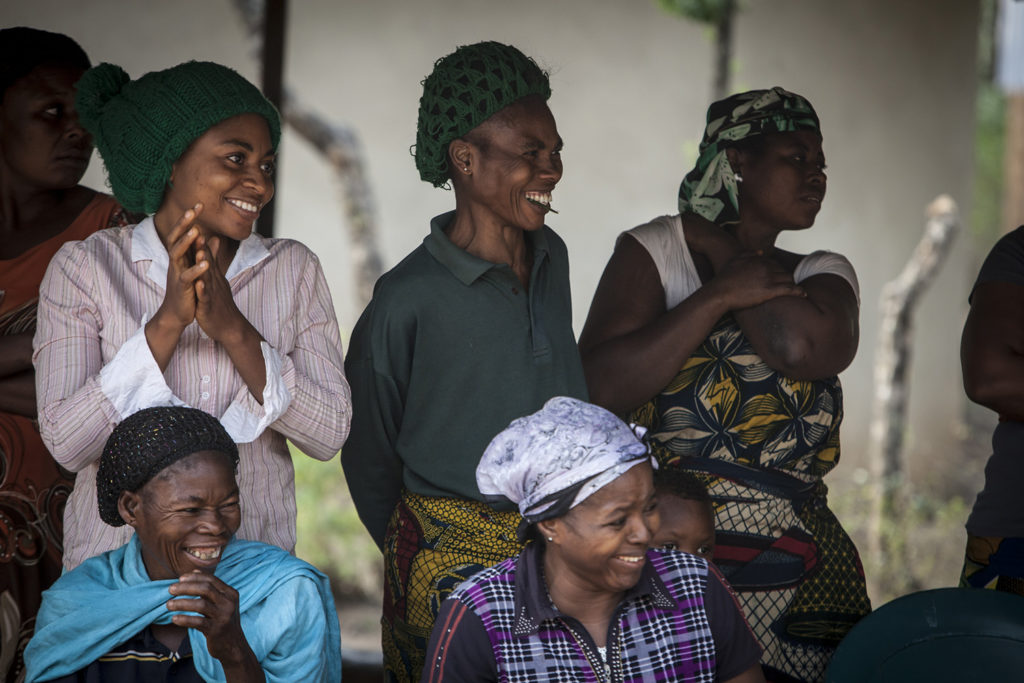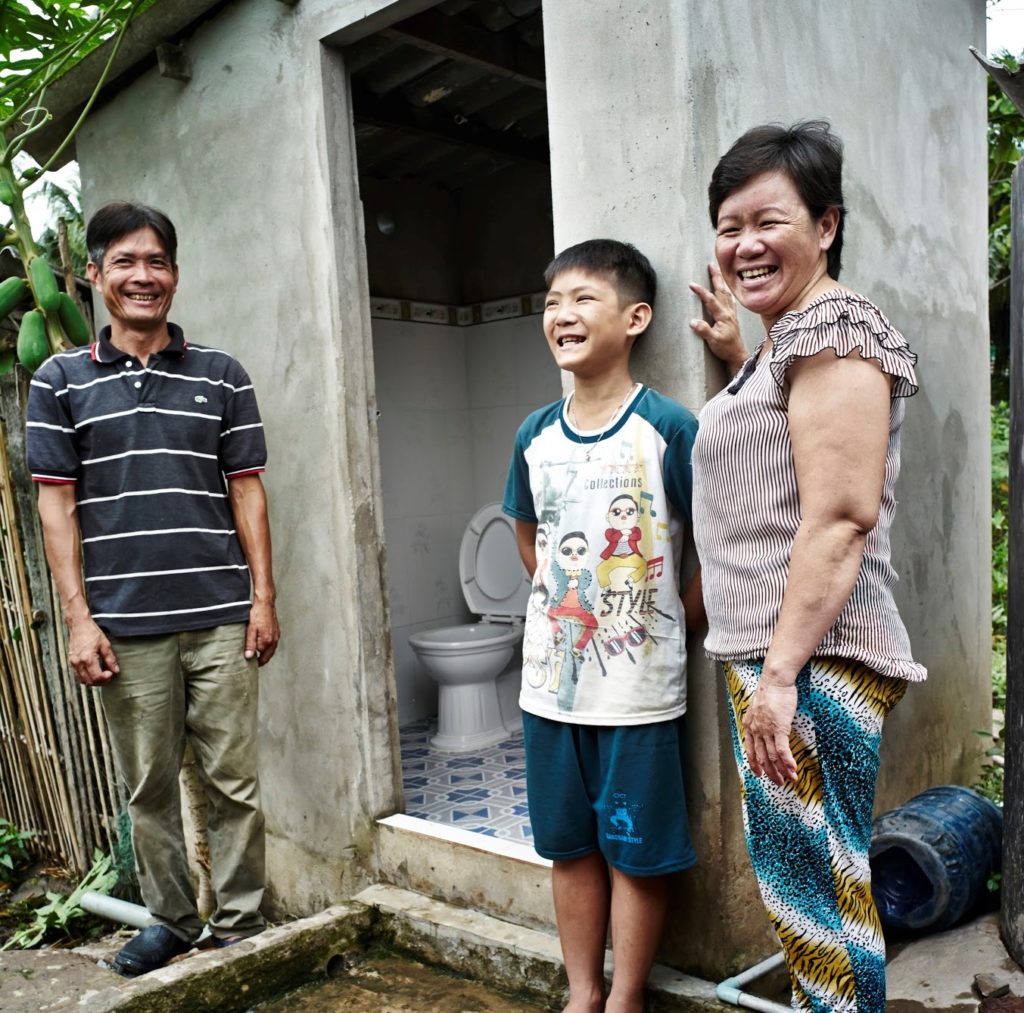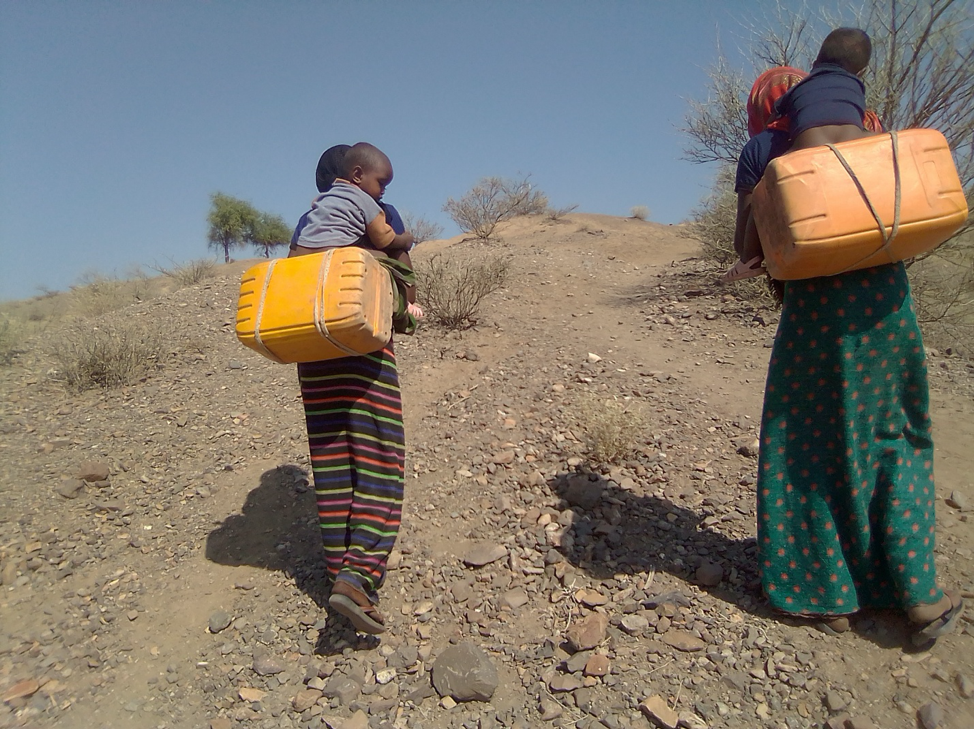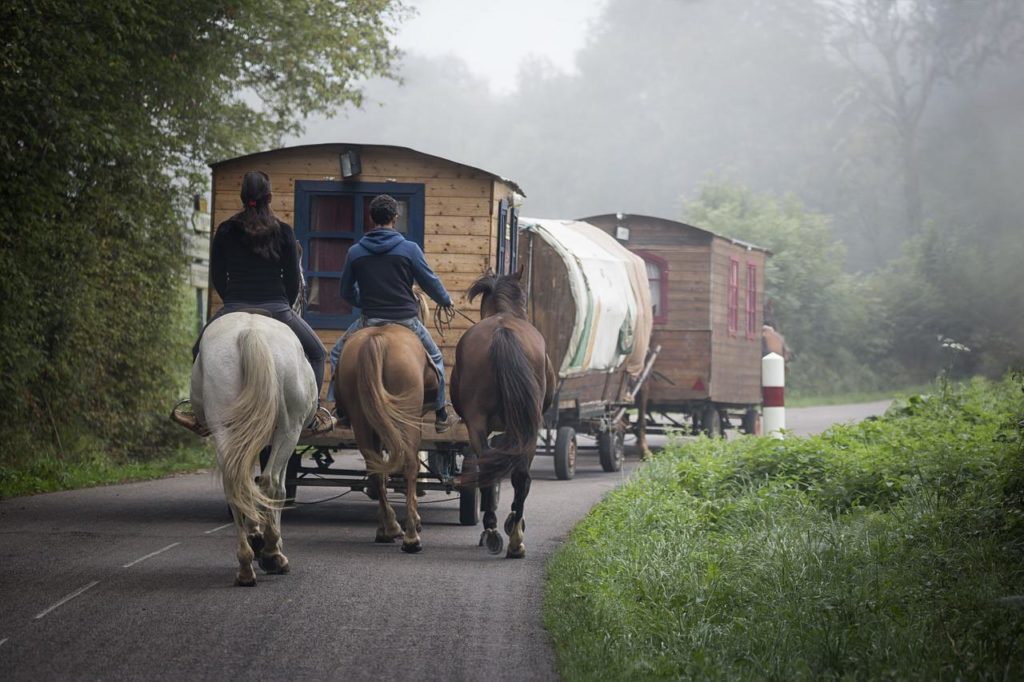A large component of the Hub’s work is research and learning to support gender equality and social inclusion (GESI) in sanitation and hygiene programming. This includes identifying and addressing GESI knowledge gaps, development of gender transformative sanitation approaches and identification of practical ways WASH programmes can ensure they Do No Harm and develop policies and programmes that focus on the poorest, most marginalised and hardest to reach households and communities.
We adopt a twin-track approach focusing on issues of equity and inclusion both through specific GESI-related projects and building in GESI components in all workstreams.
Gender-transformative WASH has been a SLH topic of focus for some years, with more recent publications including a collaborative journal article calling for personal, professional and organisational changes in the sector and a GESI self-assessment tool published with Water for Women. We also recently published an update to our 2018 publication on engaging men and boys in WASH along with case studies of projects who are innovating in this area.
There are many diverse groups with varied sanitation and hygiene needs incorporated within the broad theme of GESI. In recent years we have also collaborated to produce publications on:
In 2022, we also asked for proposals from research teams wanting to explore GESI-related topics in low- and low-middle income countries. We selected five teams working on the following topics:
- Urban poor communities for GESI in WASH in Odisha, India. (Centre for Policy Research, and Bharat Gyan Vigyan Samiti)
- Sanitation in urban informal settlements and implications foe GESI in Nairobi, Kenya (Stockholm Environment Institute Kenya, Wash Alliance and Umande Trust)
- Sustainable sanitation for marginalised groups in Eastern Indonesia (Udayana University, Center for Public Health Innovation, Simavi, Yayasan Dian Seda)
- Women and girls’ experience of sanitation in urban informal settlements in Delhi, India (Centre for Urban and Regional Excellence)
- Social protection as an enabler of sanitation uptake in Bauchi and Benue, Nigeria (Mangrove and Partners Ltd, Women Empowerment Initiative of Nigeria, Advocates for Community Vision and Development)
We have also recently been working with Jane Wilbur from LSHTM on a publication documenting a menstrual health intervention for young people with intellectual disabilities in Nepal and Vanuatu, as well as Amita Bhakta who is identifying practical ways WASH programmes can help meet the needs of perimenopausal and menopausal women.
We are constantly pushing for the WASH sector to continue having difficult conversations, identify and challenge instead of reinforcing harmful taboos and stereotypes, and consider and include groups who may be marginalised in programming. This emerges strongly in our blogs and practitioner voices series.
Partners include:
- Water for Women
- London School of Hygiene and Tropical Medicine
- Amita Bhakta (independent)
- Sue Cavill (independent)
- Sarah House ( Independent WASH, Equity, Inclusion and Vulnerability Consultant)
- WaterAid Australia
- HelpAge International
- Oxfam
- University of Leeds
- University of Western Australia






